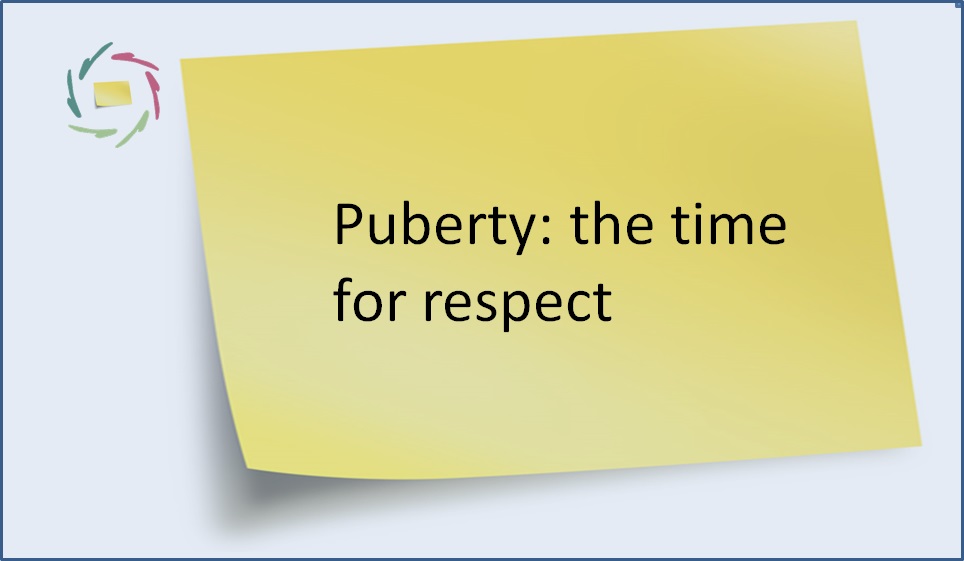From Inner to Outer Peace

Inner peace can flow into peace between people and peoples.
Peace is more than the absence of something.
It’s a constructive striving for a better world ― knowing that things can quickly deteriorate without this striving.
Therefore, to be really durable, there needs to be profound motivation. Surface-level motivation may come and go with the wind, generating tensions that add to other negative tensions. Therefore, durable peace thrives on what comes from the inside out. More than about the absence of outer tensions, it is about a flow from within.
This is a flow of inner peace.
Inner peace is also a religious direction.
Different religions incorporate this in different ways. In religious connotation, depth is naturally essential. Eventually, one is spiritual as a total being. One also knows inner peace as a total being. No wonder ‘whole,’ ‘healing,’ and ‘holy’ have the same etymological root.
This is the inner peace we can talk about and long for as transforming the world in a good sense, however remote we still are from realizing that. The world seems to turn around it, not going toward it.
The subconceptual level
Inner peace is about the mutual congruence of mental-neuronal patterns.
Contrary to this, too much tension between them can translate into inner anxiety and aggression, which can translate into bodily symptoms and/or outer aggression one way or another. The latter translation is aided by finding the same in many others one feels related to. The ‘us’ forms an outer flow ― then, a torrent against ‘them’ where a likewise torrent may go the other way.
Thus, inner peace in individuals is also crucial from a sociocultural standpoint ― including how people are healed when their inner peace gets shaky.
Inner peace is the space in which people can deeply listen to each other.
This is challenging to many — even those saying they already do (listen deeply). Unfortunately, one’s being convinced of already doing so (listening deeply) may precisely be the reason for not attaining it or even trying.
By living in this space and deeply listening to others (the potential or actual ‘enemy’), one can bring outer peace closer. Eventually, it’s the only way.
Outer peace is achieved through inner peace.
This should be valued much more in diplomacy.
Any failure in diplomacy is a failure in achieving inner peace. Deep, transformative diplomacy is oriented explicitly toward this.
In this, one can already be talking about peace versus war.
Building inner peace – day after day – is so much better.


